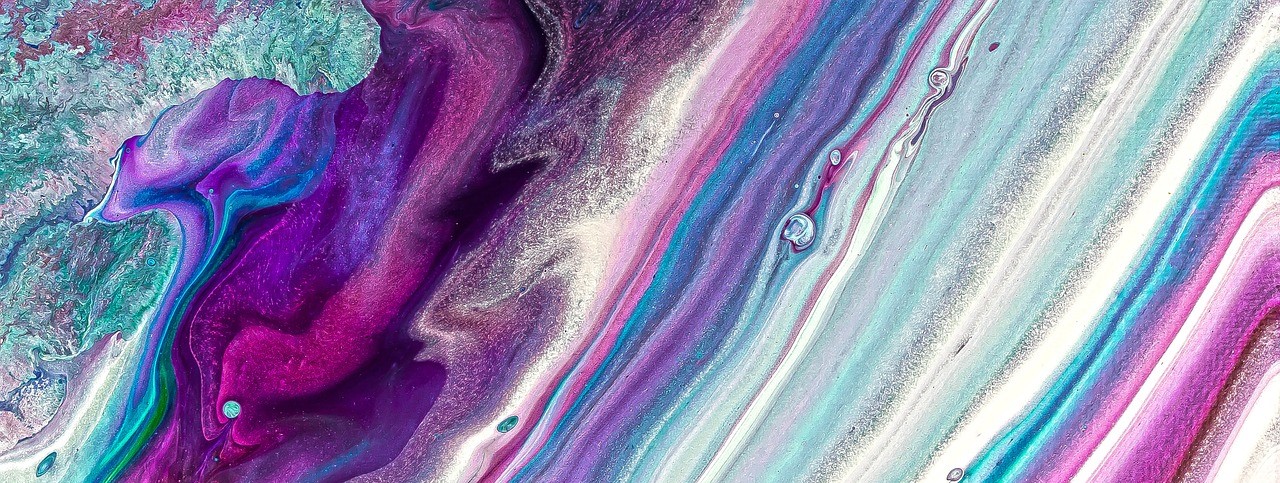R.COLORS
Random Color Generator: Comprehensive Guide
Published:
10/1/2024

Random Color Generator
Introduction to Random Color Generator: What It Is and How It Works
The Random Color Generator is a simple yet powerful tool that provides instant color suggestions. By clicking anywhere on the screen, a new color is displayed, which users can save into a palette for future use. This feature makes it perfect for designers seeking spontaneous color inspiration or anyone needing quick color suggestions for projects.
How Does a Random Color Generator Work?
Explanation of Color Generation Algorithms
Random color generators use algorithms to select a color value from a wide spectrum (usually hexadecimal or RGB). These algorithms ensure that each color generated is truly random, offering a broad variety of color choices with every click.
Why Use a Random Color Generator?
Design Applications, Inspiration for Art, Web Development, etc.
Designers and developers use random color generators to find inspiration when creating websites, apps, logos, or digital artwork. The randomness can lead to discovering unexpected and unique color combinations that may not have been considered otherwise.
The Importance of Color in Design
Psychology of Color, Color Theory, and How Random Colors Can Spark Creativity
Color plays a critical role in design. It conveys emotions, influences behavior, and sets the tone for your brand or project. Using random color generators is an efficient way to explore the psychological impact of various hues and how they interact with each other in a palette.
How to Use a Random Color Generator
Step-by-Step Guide for Users (with Screenshots, If Possible)
To use the random color generator, users simply need to click on the screen to generate a color. Each color can be saved into a palette by pressing the "add" button. The palette then appears in front of the random color area, making it easy for users to keep track of their selected colors.
Click to Change Colors
The functionality of clicking to change colors is intuitive and fast. There’s no need for complex inputs or design expertise—just click, and the tool will automatically generate a fresh, new color.
Saving a Color Palette
One of the main features of your tool is the ability to save a palette. Users can continue generating random colors and adding them to their palette until they have an ideal collection. This palette can then be exported or saved for future use in other projects.
Benefits of Using a Color Palette Generator
Streamlining the Design Process
Color palette generators are invaluable for designers looking to save time and improve the quality of their work. They ensure that all colors within a palette are harmonized and can be easily managed using tools like a palette manager. Additionally, they can save users from overusing traditional color schemes and bring a fresh perspective to their designs.
Palette Manager: Organize and Manage Your Colors
Tips on How to Manage and Export Palettes
With your tool, users can store and manage different palettes, allowing them to create multiple color combinations and retrieve them when needed. Palette managers are perfect for web developers, UI/UX designers, or anyone working on multi-stage projects.
Creating Unique Color Palettes with Random Color Tools
How Random Color Generators Help Designers Break Free from Overused Palettes
Unique color palettes are crucial for standing out in the design world. By utilizing random color generators, designers can come up with color schemes that are truly one of a kind, moving beyond the limitations of common, overused palettes.
Applications of Random Color Generators
Where and How Designers and Developers Use These Tools (Websites, Branding, etc.)
- Web Design: Designers use random color generators to find unexpected, complementary colors for websites.
- Branding: Brands need unique color schemes, and a random generator provides inspiration.
- Digital Art: Artists can discover fresh combinations and avoid getting stuck in familiar color patterns.
Optimizing Color Palettes for Web Design
Using Complementary Colors, Contrast, and Accessibility Considerations
An optimized color palette is essential for web design, ensuring a seamless user experience. Consider complementary colors and contrast for readability. You can also integrate accessibility considerations, ensuring your color scheme works well for users with visual impairments.
Common Issues with Color Generators and How to Avoid Them
Bugs, Unwanted Combinations, and Limitations
Sometimes, random generators can produce colors that clash or lack sufficient contrast. To avoid this, offer additional features like complementary color suggestions or hue adjustments to refine the palette further.
Advanced Color Theory for Designers
Going Deeper into Triadic, Tetradic, and Analogous Color Schemes
By understanding color theory, designers can make more informed choices when using random color generators. Explore triadic, tetradic, and analogous color schemes to maximize your tool’s effectiveness in helping users create aesthetically pleasing designs.